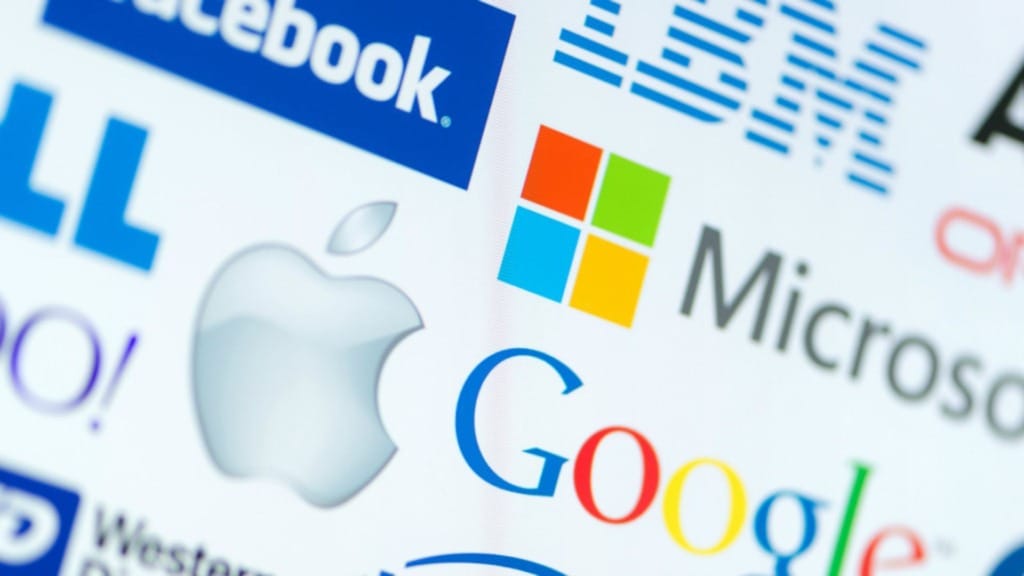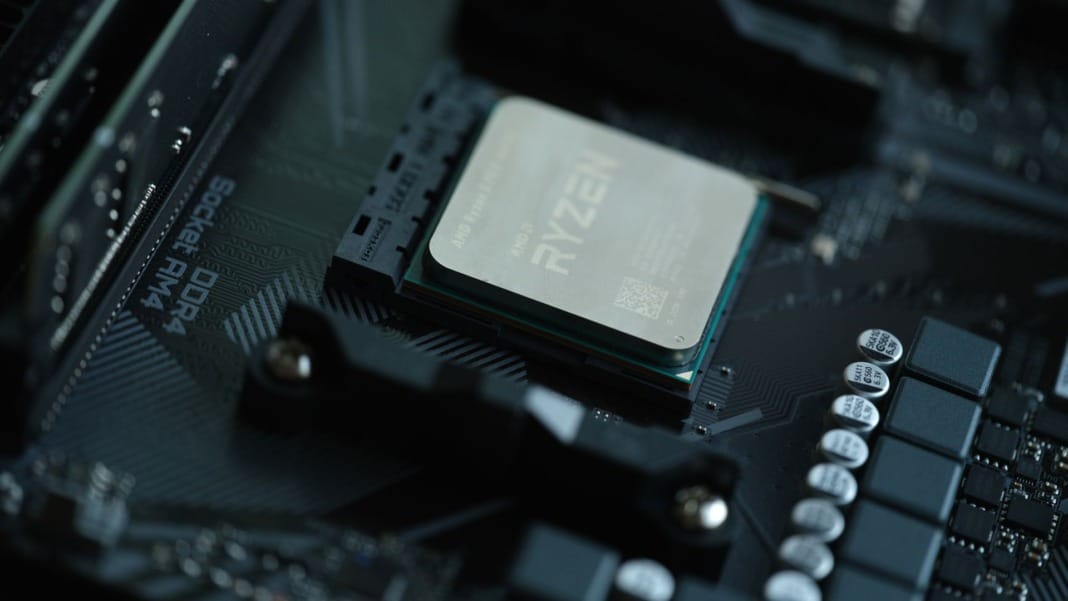In a surprising turn of events, some of Silicon Valley’s most promising names in the rapidly evolving generative artificial intelligence (AI) space are being closely linked with major US tech giants. Companies like Inflection AI and Adept, once on the path to independence, are now seeing their founders and key executives move to tech giants due to a lack of funding.
In recent months, key figures from these start-ups have quietly exited to join dominant tech companies like Microsoft and Amazon. Critics argue that these deals are acquisitions in disguise, designed to avoid the scrutiny of competition regulators. However, the companies involved firmly deny these allegations.
Struggles for independence
Start-ups such as Character AI reportedly face difficulties raising the necessary funds to stay independent. French start-up Mistral is another example of a company seen as vulnerable to acquisition by a tech giant. Even OpenAI, the creator of ChatGPT, has a significant relationship with Microsoft. Microsoft’s $13 billion investment in OpenAI secures its future while granting Microsoft exclusive access to OpenAI’s cutting-edge models. Similarly, Amazon struck a deal with Anthropic, another company that produces high-performing AI models.
Start-ups require vast amounts of cash to join the AI revolution brought on by the release of ChatGPT, which only tech giants like Microsoft, Amazon, or Google can provide. “The ones with the big money define the rules and design the outcomes that play in their favour,” said Sriram Sundararajan, a tech investor and adjunct faculty member at Leavey School of Business, Santa Clara University.

Generative AI, which creates human-like content in seconds, requires immense computing power from specialised servers. Brendan Burke, an AI analyst at Pitchbook, explained that these start-ups are often founded by former research leaders at big tech companies and need the resources only large cloud providers can offer. “They’re not following the traditional entrepreneurial journey of doing more with less,” Burke said. “They’re looking to recreate the conditions they experienced working in a highly funded research lab.”
Big tech ties
Many founders of these start-ups, including those at Inflection and Adept, come from giants like Google or OpenAI. Mustafa Suleyman, the former Inflexion boss, was a Google DeepMind leader. He has now left Inflection and critical employees to head up the consumer AI division at Microsoft. Although inflection still exists on paper, it has lost the assets that gave it value.
Aligning with big tech companies “makes a lot of sense,” according to Abdullah Snobar, executive director at DMZ, a start-up incubator in Toronto. He added that their deep pockets help keep “the wheels greased and things moving forward.”
Risk of stifling competition
However, partnering with established tech behemoths also risks stifling competition. Snobar warned that it could lead to a situation where “these three big tech companies are sucking up all the juice” of creativity and innovation. The big question in Silicon Valley is whether government regulators will step in to address this.
Big tech companies are increasingly scrutinised for their appetite to acquire smaller firms. Last week, Israeli cyber-security company Wiz abandoned plans to sell to Google due to concerns that the buyout would not survive competition regulators.
In the Inflexion case, antitrust regulators in the US, EU, and Britain have stated they will closely examine its ties with Microsoft. Amazon’s deal with Adept has also raised questions with the Federal Trade Commission in Washington. John Lopatka, a law professor at Penn State University, commented that “antitrust enforcers would have a difficult time blocking the arrangements” with Inflection and Adept, but this “does not mean they won’t try.”
US, European, and UK regulators signed a joint statement on July 22, insisting they would not allow big tech companies to dominate the emerging AI industry. According to Sundararajan, this move indicates that “regulation is catching up to AI.”





